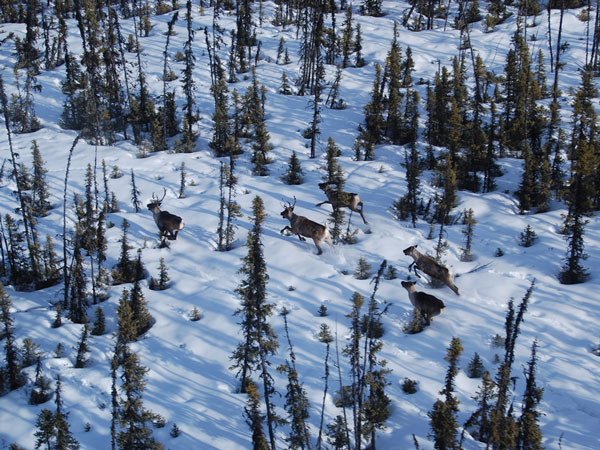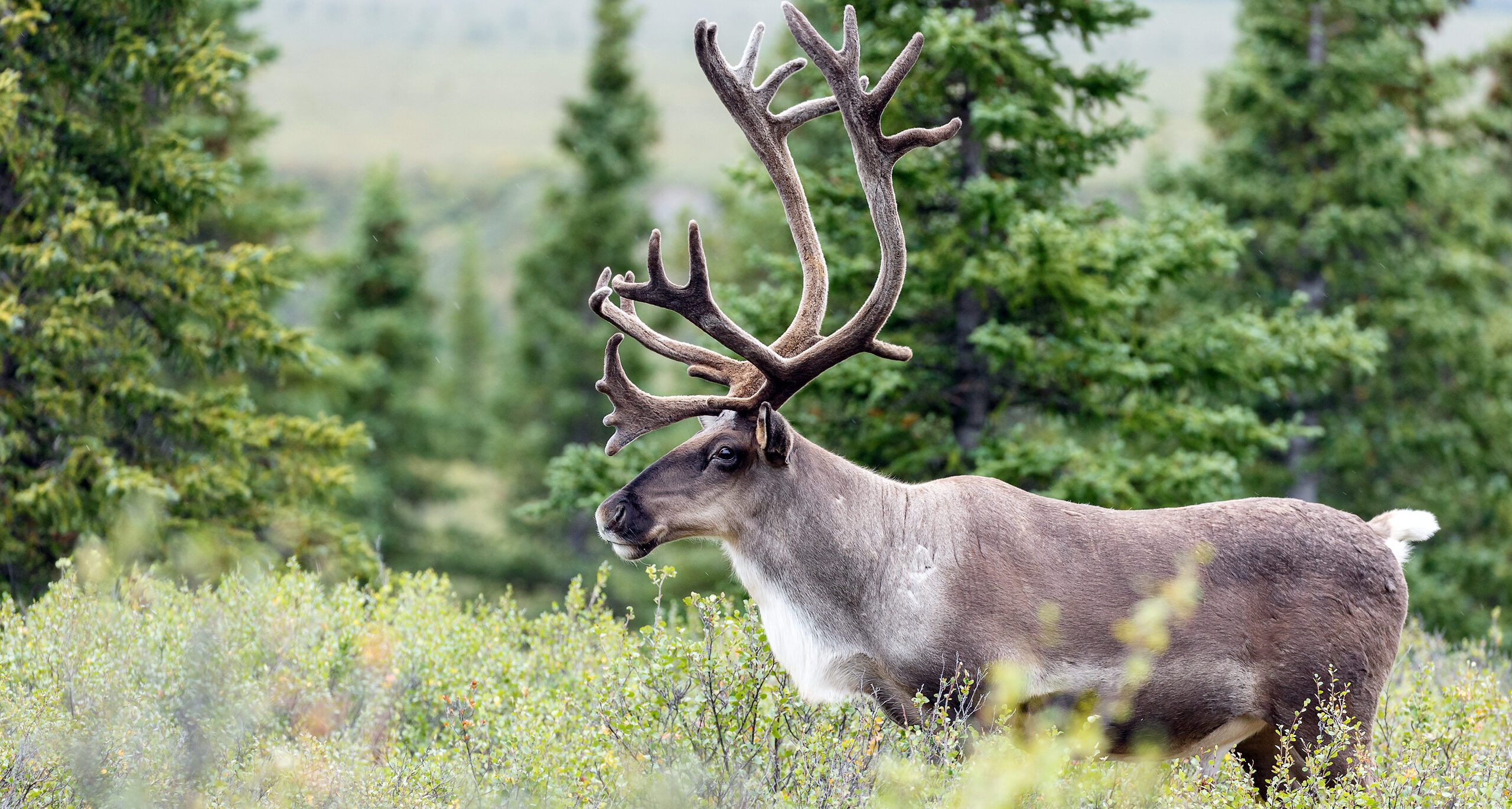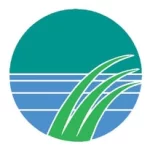Supported by funding from the B.C. government and the federal government, the Habitat Conservation Trust Foundation approved 14 grants for new and ongoing projects to help restore caribou habitat in British Columbia.
The 2021 grants were allocated through the foundation’s Caribou Habitat Restoration Fund and total more than $1.65 million (see details in attached backgrounder).
In 2018, the B.C. government committed $8.5 million to support the foundation’s work. In 2021, the Government of Canada contributed a total of $5 million over five years for projects that will benefit the Central Group of Southern Mountain Caribou. Five of the approved projects from 2021 will be co-funded by the B.C. government and Environment and Climate Change Canada.
Activities, such as urbanization, forestry, mining, oil and gas, and roadbuilding work, have altered caribou habitat. Activities that help restore caribou habitat include:
- planting trees to restore areas to a pre-disturbed state; and
- blocking former roads and other linear features such as seismic lines (such as corridors cleared of vegetation to assist oil and gas exploration) to reduce predator access.
One of the 14 funded projects is being conducted within a newly protected area under the Intergovernmental Partnership Agreement for the Conservation of the Central Group of Southern Mountain Caribou. The Mount Rochfort project is led by the Nîkanêse Wah tzee Stewardship Society in co-operation with Wildlife Infometrics and Canadian Forest Products Ltd.
With the support of a $192,617 grant provided by the Habitat Conservation Trust Foundation, habitat is being restored along a 156-kilometre stretch of road in the Klinse-za caribou-herd area, adding about 7,865 hectares of habitat and contributing to a total of 26,322 hectares of connected caribou range.
Since 2018, the Habitat Conservation Trust Foundation has provided 32 grants worth approximately $3.9 million for 23 projects led by First Nations, government, industry and not-for-profit societies.
The Province’s support of this grant program is part of an ongoing and multi-faceted approach to caribou recovery in British Columbia. Its recovery program aims to restore this iconic Canadian species to a sustainable population.

Boreal Caribou from the air
The Habitat Conservation Trust Foundation provided the following 14 grants worth $1,655,124 through the Caribou Habitat Restoration Fund:
Adams Groundhog Road Rehabilitation and Reforestation Project (Project 3-422)
- grant of $199,500 approved for 2021-22 (continuing project)
- led by the Ministry of Forests, Lands, Natural Resource Operations and Rural Development
- Thompson-Okanagan region (about 100 kilometres northeast of Kamloops)
- This project is designed to benefit the Groundhog caribou herd by restoring habitat on an estimated 50-100 kilometres of road over multiple years to reduce predator movement and access to caribou habitat.
Upper Bigmouth Creek (Project 4-621)
- grant of $28,431 approved for 2021-22 (continuing project)
- led by Yucwmenlúcwu (Caretakers of the Land) LLP
- Kootenay region (about 140 kilometres north of Revelstoke)
- This project has restored habitat on about five kilometres of linear features in the Columbia North herd area. This year’s grant is primarily for monitoring the completed restoration work.
Mica Creek (Project 4-622)
- grant of $288,681 approved for 2021-22 (new project)
- led by Yucwmenlúcwu (Caretakers of the Land) LLP
- Kootenay region (about 140 kilometres north of Revelstoke)
- This project is designed to benefit the Columbia North caribou herd through the restoration of habitat on two resource road networks.
Tweedsmuir Caribou Winter Range – Chelaslie Road Restoration (Project 6-283)
- grant of $70,671 approved for 2021-22 (continuing project)
- led by the Ministry of Forests, Lands, Natural Resource Operations and Rural Development
- Skeena region (about 60 kilometres south of Burns Lake)
- This project is designed to benefit the Tweedsmuir-Entiako caribou herd by restoring habitat on up to 78 kilometres of road.
Whitesail (Project 6-306)
- grant of $87,174 approved for 2021-22 (new project)
- led by Canadian Forest Products Ltd.
- Skeena region (about 122 kilometres south of Smithers)
- This project is designed to benefit the Tweedsmuir-Entiako caribou herd by restoring about 73 kilometres of road.
Amoco Road (Project 7-528)
- grant of $23,315 approved for 2021-22 (continuing project)
- co-funded by the B.C. government and Environment and Climate Change Canada
- led by the Nîkanêse Wah tzee Stewardship Society
- Northeast region (56 kilometres west of Chetwynd)
- This project has restored habitat on 15 kilometres of road in the Klinse-Za caribou herd area. This year’s grant is primarily for monitoring the completed restoration work.
Kotcho Lake Restoration Area (Project 7-529)
- grant of $175,780 approved for 2021-22 (continuing project)
- led by the Fort Nelson First Nation Lands Office
- Northeast region (about 80 kilometres northeast of Fort Nelson)
- This project is designed to benefit the Snake-Sahtahneh boreal caribou herd by restoring habitat on 45 kilometres of seismic lines.
Otter (Project 7-530)
- grant of $6,120 approved for 2021-22 (continuing project)
- led by Canadian Forest Products Ltd.
- Northeast Region (about 86 kilometres northeast of Prince George)
- This project restored habitat on a 7.5-kilometre road that was fragmenting high-value habitat for the Hart Ranges caribou herd. This year’s grant is primarily for monitoring the completed restoration work.
Tumuch (Project 7-534)
- grant of $8,720 approved for 2021-22 (continuing project)
- led by Canadian Forest Products Ltd.
- Northeast Region (about 95 kilometres southeast of Prince George)
- This project restored habitat on 12.4 kilometres of road to create a connected area of almost 70,000 hectares of high-value habitat for the North Cariboo herd. This year’s grant is primarily for monitoring the completed restoration work.
Peck Creek-Upper Carbon (Project 7-543)
- grant of $53,452 approved for 2021-22 (continuing project)
- co-funded by the B.C. government and Environment and Climate Change Canada
- led by the Nîkanêse Wah tzee Stewardship Society
- Northeast Region (about 54 kilometres west of Chetwynd)
- This project has restored 1,287 hectares of habitat in the Klinse-Za caribou-herd area. This year’s grant is primarily for monitoring the completed restoration work.
Callazon-Clearwater Valley: 4000 and 3800 Roads (Project 7-554)
- grant of $122,984 approved for 2021-22 (new project)
- co-funded by the B.C. government and Environment and Climate Change Canada
- led by the Nîkanêse Wah tzee Stewardship Society
- Northeast Region (about 45 kilometres northeast of Mackenzie)
- This project is designed to benefit the Klinse-Za caribou herd by restoring habitat on about 16 kilometres of road.
Goldway Road (Project 7-555)
- grant of $72,959 approved for 2021-22 (new project)
- led by Chu Cho Environmental
- Northeast Region (about 170 kilometres northwest of Mackenzie)
- This project is designed to benefit the Chase caribou herd by restoring habitat on up to 16 kilometres of road.
Mount Rochfort (Project 7-557)
- grant of $192,617 approved for 2021-22 (new project)
- co-funded by the B.C. government and Environment and Climate Change Canada
- led by the Nîkanêse Wah tzee Stewardship Society
- Northeast Region (about 65 kilometres west of Moberly Lake)
- This project is designed to benefit the Klinse-Za and Scott East caribou herds by restoring habitat on about 150 kilometres of road.
East Babcock Restoration Area (Project 7-558)
- grant of $324,720 approved for 2021-22 (new project)
- co-funded by the B.C. government and Environment and Climate Change Canada
- led by the Ministry of Forests, Lands, Natural Resource Operations and Rural Development
- Northeast Region (about 20 kilometres southeast of Tumbler Ridge)
- This project is designed to benefit the Quintette and Narraway caribou herds by restoring habitat on approximately 87 kilometres of roads and seismic lines.
For more information see the Province of British Columbia’s official Information Bulletin here.







